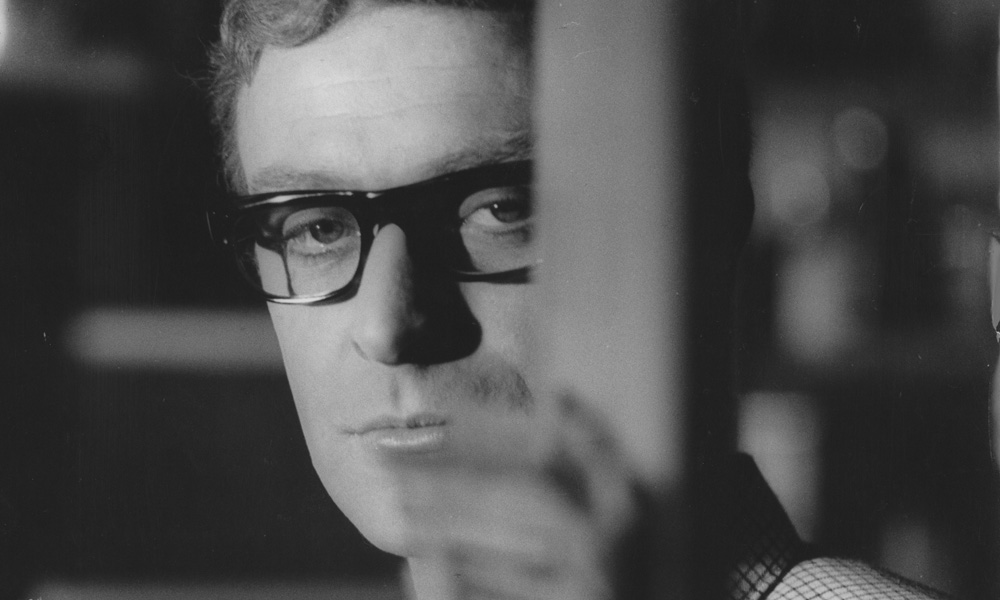How Actors Remember Their Lines

🌈 Abstract
The article discusses how actors remember their lines and the important lessons it provides about effective memory strategies. It highlights the importance of deep understanding and elaborative rehearsal over rote repetition for long-term memory.
🙋 Q&A
[01] How Actors Remember Their Lines
1. What are the key strategies actors use to remember their lines?
- Actors do not rely on rote repetition (maintenance rehearsal), but instead engage in elaborative rehearsal by:
- Trying to understand their character and how the lines relate to the character
- Analyzing the script to understand the character's motivation
- Imagining the character in each scene and adopting their perspective
- Relating new material to the character's background
2. How does this deep understanding help actors recall their lines during performance?
- The deep understanding provides the context for the lines to be recalled naturally, rather than recited from a memorized text. Actors can "take the line off the other actor's face" and respond spontaneously.
3. What example is provided of an actor who memorized a large work using this deep understanding approach?
- John Basinger memorized all 10,565 lines of Milton's "Paradise Lost" by developing a deep understanding of the poem through incessant repetition and gaining insights and understanding along the way.
[02] Applying Deep Understanding to Everyday Memory
1. How can everyone use the strategy of deep understanding to enhance their everyday memory?
- When trying to remember something, you can focus on the underlying meaning and associations, rather than just shallow processing of the item. For example, when remembering an apple, you can think about its color, size, nutritional value, and use in recipes.
2. How does deep, elaborative processing enhance memory compared to shallow processing?
- Deep processing that provides meaning and makes associations produces more memorable links that can serve as cues for later remembering, compared to shallow processing that just focuses on surface features.
3. What example is provided to illustrate the difference between shallow and deep cues for remembering?
- Trying to recall the name of the dwarf from "Snow White" that starts with B is harder than recalling the name of the shy dwarf, Bashful, because the meaningful association provides a stronger cue.